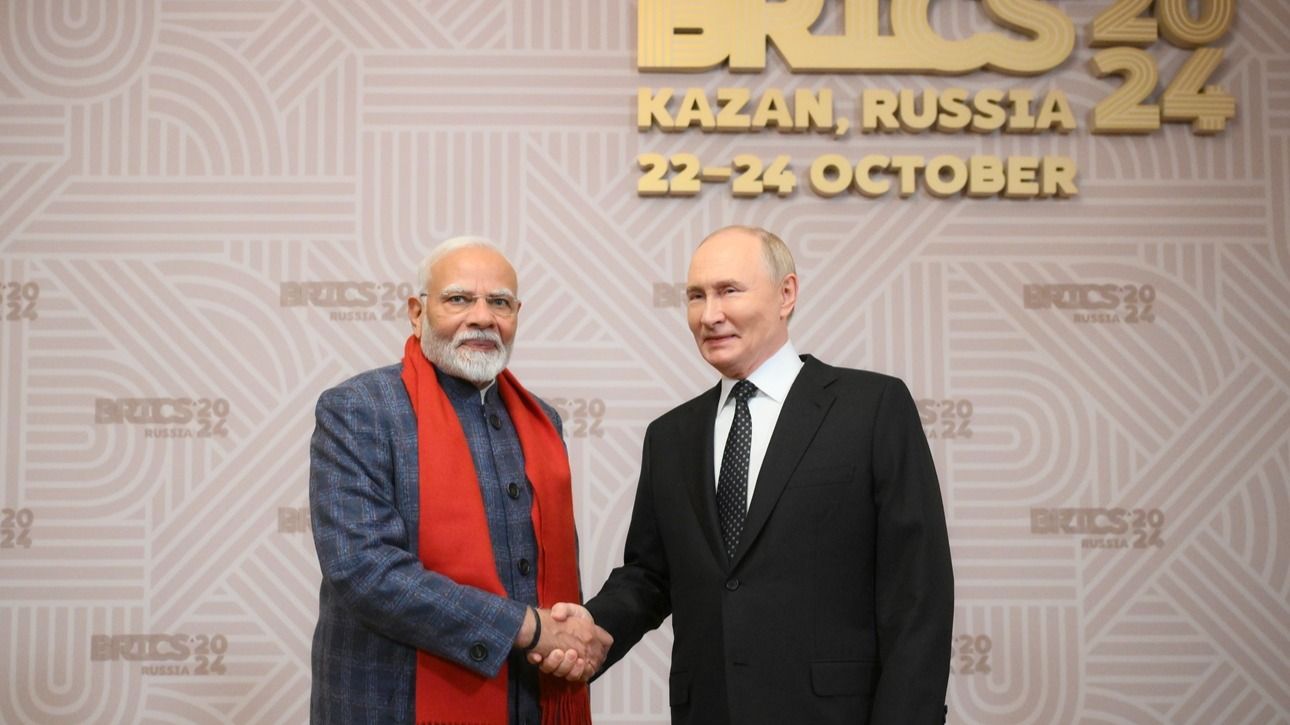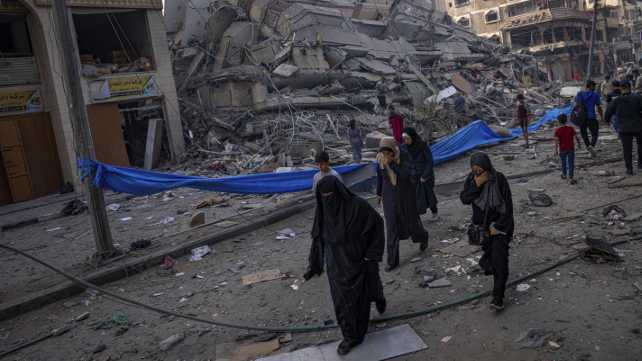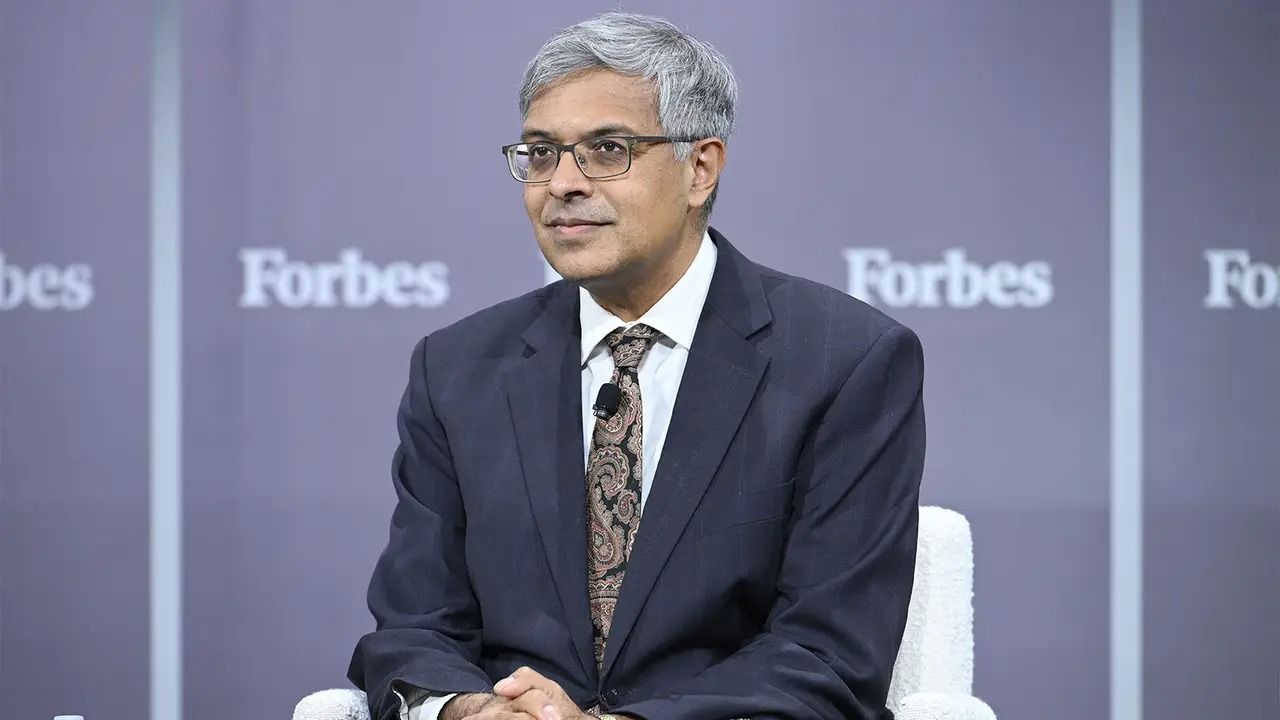BRICS Summit 2024: The 16th BRICS summit is currently underway in Kazan, Russia, bringing together leaders from member nations to discuss pressing global issues. As a significant economic bloc, BRICS—comprising Brazil, Russia, India, China, and South Africa—plays a crucial role in shaping international trade and geopolitics. This summit marks a pivotal moment, especially following the recent expansion of the group, which now includes new members like Egypt, Ethiopia, Iran, Saudi Arabia, and the United Arab Emirates, amplifying its influence on the global stage.
What is BRICS?
BRICS stands for Brazil, Russia, India, China, and South Africa, the original five members representing large, non-Western economies. The term BRIC was first introduced in 2001 by Goldman Sachs in their Global Economics Paper titled “The World Needs Better Economic BRICs.” The report projected that Brazil, Russia, India, and China would emerge as some of the world’s largest economies within the next 50 years.
The grouping began informally in 2006 when the leaders of Russia, India, and China met in St. Petersburg. It was formalised with the first BRIC Summit in Yekaterinburg, Russia, in 2009. South Africa joined in 2010, expanding BRIC into BRICS.
In 2024, BRICS welcomed five new members: Egypt, Ethiopia, Iran, Saudi Arabia, and the United Arab Emirates, significantly enhancing its global influence. The group now represents nearly half of the world’s population and about one-quarter of the global economy.
Why Does BRICS Matter?
The significance of the BRICS Summit 2024 lies in its role as a platform for dialogue and cooperation among major emerging economies amid rising global tensions. This summit marks the first gathering since the expansion of BRICS to include new members—Egypt, Ethiopia, Iran, Saudi Arabia, and the United Arab Emirates—enhancing its global influence.
For India, the summit provides an opportunity to strengthen ties with fellow member nations and to assert its position in international discussions. Prime Minister Narendra Modi ‘s participation is particularly noteworthy as he is expected to meet with Russian President Vladimir Putin and potentially Chinese President Xi Jinping, addressing crucial issues such as trade, security, and climate cooperation.
The summit also serves to showcase BRICS as a counterweight to Western-dominated institutions, reinforcing its commitment to representing the interests of the Global South. With over 30 nations applying for membership, the summit underscores BRICS’s growing appeal as an alternative platform for collaboration among developing countries.
BRICS serves as a counterweight to Western-dominated institutions like the World Bank and the International Monetary Fund. It allows member countries to collaborate on issues affecting the Global South, addressing developmental agendas, economic cooperation, and climate change.
How Important is the Grouping Amid an Increasingly Tense World?
As geopolitical tensions rise globally, BRICS has gained importance as a platform for dialogue and cooperation among emerging economies. The current summit underscores the role of BRICS in promoting a multipolar world and providing a voice for nations seeking to assert their interests against Western hegemony.
How Does BRICS Aim to Challenge Western-Dominated Institutions?
BRICS aims to challenge Western dominance by promoting inclusive economic cooperation and addressing issues that matter to developing countries. The organisation seeks to create alternative frameworks for global governance, enabling member states to negotiate and collaborate on their terms.
What is India’s Role in the BRICS Summit 2024?
India, represented by Prime Minister Narendra Modi , plays a crucial role in BRICS, emphasising multilateralism and cooperation among member nations. Modi’s attendance is particularly important as he is expected to meet with Chinese President Xi Jinping, focusing on recent agreements regarding disengagement along the Line of Actual Control (LAC).
Ahead of his attendance at the BRICS Summit, Modi said, “India values the close cooperation within BRICS which has emerged as an important platform for dialogue and discussion on issues concerning the global developmental agenda, reformed multilateralism, climate change, economic cooperation, building resilient supply chains, promoting cultural and people to people connect, among others. The expansion of BRICS with the addition of new members last year has added to its inclusivity and agenda for the global good,” PM Modi said in a statement ahead of his departure for Russia.
What Is the BRICS Group and Why Is It Expanding?
BRICS is expanding to increase its representation and influence in global affairs. The recent admission of new members reflects the growing appeal of BRICS among developing nations, seeking a platform that promotes their interests. With over 30 countries applying to join, BRICS is becoming a focal point for emerging economies.
What Are the Potential Benefits and Challenges for India Within an Expanded BRICS?
The expansion of BRICS presents India with both opportunities and challenges. Benefits include enhanced economic cooperation and greater political leverage in global discussions. However, challenges arise from divergent interests among member countries, particularly with China, and the need to manage relations with new members who may not align with India’s strategic objectives.
What’s Next for BRICS?
Looking ahead, BRICS is poised to continue expanding its influence on the global stage, with discussions ongoing about further admissions. The summit aims to strengthen ties among member nations and project a unified front in international affairs, countering Western narratives and fostering cooperation in areas like trade, security, and climate initiatives.
EXPLAINED: What is BRICS, its Significance, and the Implications of its Expansion for India? world-news World News | Latest International News | Global World News | World Breaking Headlines Today




